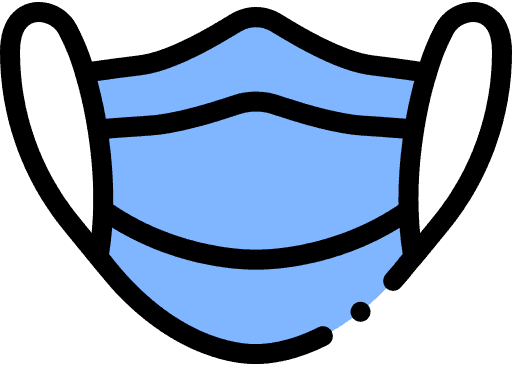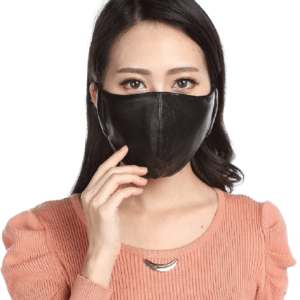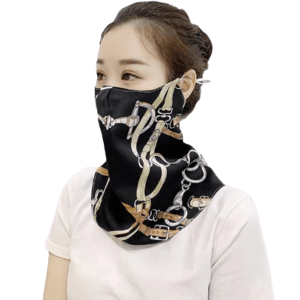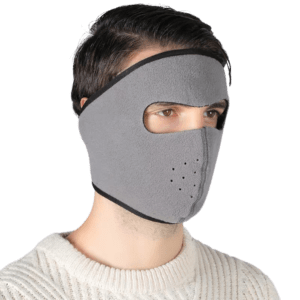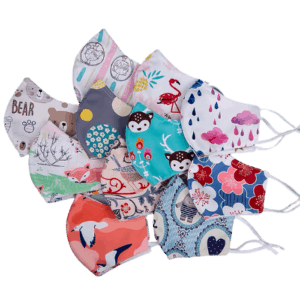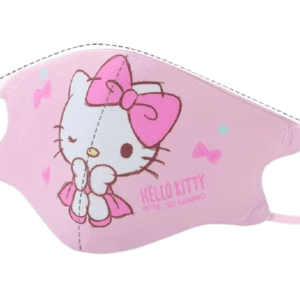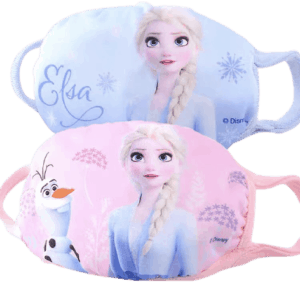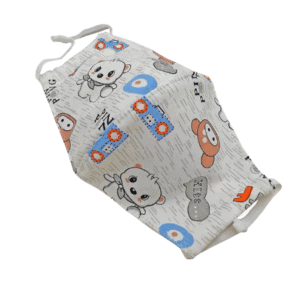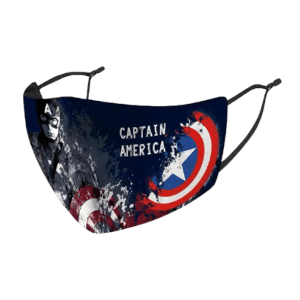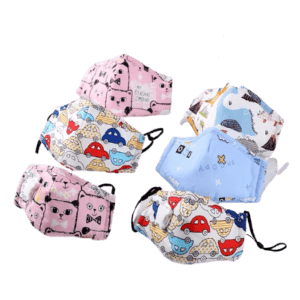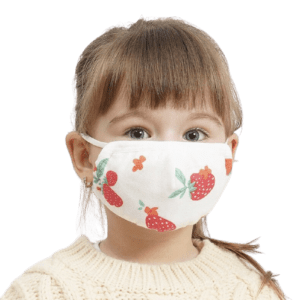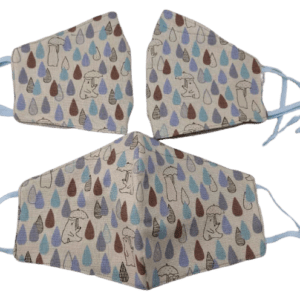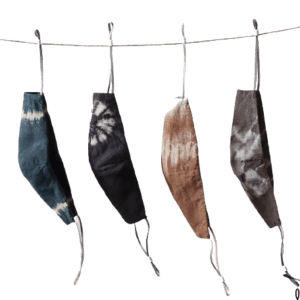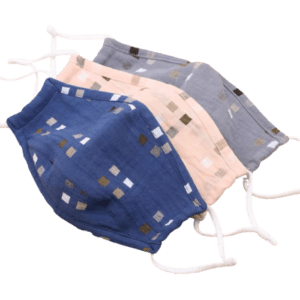Choosing the right fabric mask manufacturer can determine the success or failure of your product line. Asking the right questions separates competent partners from those who will cost you time, money, and reputation. These questions should uncover not just current capabilities but also strategic alignment, quality commitment, and problem-solving approaches that impact your long-term success.
The top 10 questions to ask a fabric mask manufacturer cover production capacity, quality certifications, material sourcing, customization capabilities, compliance expertise, sampling processes, pricing structure, lead times, communication protocols, and problem-resolution frameworks. These questions reveal both technical capabilities and business philosophy, helping you identify partners who can grow with your business rather than just fulfill orders.
The most successful manufacturing relationships are built on transparency, shared values, and complementary capabilities. These questions are designed to uncover the reality behind marketing claims and identify partners who will become true extensions of your team. Let's examine why each question matters and what answers should raise red flags or build confidence.
1. What Is Your Actual Production Capacity and Current Capacity Utilization?
Understanding true production capabilities prevents bottlenecks and ensures your manufacturer can scale with your business.

Why this question matters
The difference between theoretical maximum capacity and realistic available capacity can be substantial. Manufacturers operating at 90%+ capacity utilization will struggle with unexpected orders or rush requests, while those below 70% may have quality or business issues. Ask for specific numbers: monthly output in pieces, number of production lines, and current client commitments. Our facility maintains 80-85% utilization—enough to handle surge capacity while maintaining quality focus.
What to listen for
Specific numbers with clear explanations of how they handle peak periods. Vague answers like "we can handle any order" should raise concerns. The best manufacturers can explain their capacity management strategies and provide examples of how they've handled unexpected demand spikes for existing clients.
2. What Quality Certifications Do You Hold and How Are They Implemented?
Certifications without implementation are merely expensive wall decorations.

Why this question matters
Quality management systems must be actively implemented, not just certified. Look for ISO 9001 quality management, OEKO-TEX® for material safety, and BSCI or SMETA for social compliance. But more importantly, ask how these systems function day-to-day. Our quality team can show you exactly how each certification translates to specific checkpoints in our production process, with documented evidence of continuous improvement.
What to listen for
Specific examples of how certifications impact daily operations. Ask to see quality control records and how they handle non-conforming products. Manufacturers who can immediately explain their quality escalation process and show evidence of corrective actions demonstrate living quality systems.
3. Can You Provide Full Supply Chain Transparency and Material Traceability?
Knowing where your materials originate is increasingly crucial for compliance and brand storytelling.

Why this question matters
Supply chain transparency affects everything from tariff calculations to sustainability claims. Manufacturers should know their suppliers several tiers back and provide documentation like mill certificates, transaction certificates, and test reports. Our traceability system allows clients to track materials back to specific fabric lots, providing confidence in consistent quality and ethical sourcing.
What to listen for
Specific documentation they can provide and how they verify supplier claims. The best manufacturers actively audit their suppliers rather than simply accepting documentation at face value. Hesitation or vague answers about material origins should raise immediate concerns.
4. What Customization Capabilities Do You Offer Beyond Basic Private Labeling?
True customization partners can help innovate rather than just execute.

Why this question matters
The difference between basic manufacturing and development partnership lies in customization capabilities. Ask about their design assistance, pattern engineering, material sourcing flexibility, and experience with different mask constructions. Our design team regularly collaborates with clients to develop new mask styles, often suggesting construction improvements that enhance comfort or reduce production costs.
What to listen for
Examples of custom projects and how they've solved specific design challenges. Manufacturers who only offer standard options with your logo may limit your product development potential. Look for partners who ask thoughtful questions about your target market and usage scenarios.
5. How Do You Stay Current with International Regulatory Requirements?
Regulatory compliance is a moving target, especially for products bordering on medical claims.

Why this question matters
International regulations for masks continue to evolve as products transition from emergency pandemic items to regular consumer goods. Manufacturers must monitor FDA, EPA, EU MDR, and various Asian regulatory frameworks. Our compliance team maintains updated requirement databases and proactively informs clients about regulatory changes that might affect their products.
What to listen for
Specific examples of recent regulatory changes and how they adapted. Manufacturers who can discuss the nuances between different market requirements demonstrate sophisticated understanding. Those who dismiss regulatory concerns or claim "one size fits all" compliance should be approached cautiously.
6. What Does Your Sampling Process Entail and How Many Revisions Are Included?
The sampling process reveals much about a manufacturer's attention to detail and communication style.

Why this question matters
A thorough sampling protocol should include material approval, fit testing, and production-representative samples. Ask about revision policies, timing, and costs. Our process includes three complementary revisions because we recognize that perfecting designs requires iteration. We document all feedback and changes to ensure complete alignment before production.
What to listen for
Clear processes with reasonable revision allowances. Manufacturers who charge excessively for samples or limit revisions may prove difficult development partners. Look for those who view sampling as collaborative refinement rather than a necessary evil.
7. Can You Provide Detailed, Transparent Pricing Breakdowns?
Understanding cost drivers enables smarter decisions and identifies potential savings.

Why this question matters
Transparent costing builds trust and helps identify value-engineering opportunities. Request breakdowns showing material costs, labor, overhead, and profit margins. Our detailed quotations show exactly how design changes affect final pricing, empowering clients to make informed trade-off decisions between features, quality, and cost.
What to listen for
Willingness to explain cost drivers and suggest alternatives. Manufacturers who guard pricing information or provide only all-inclusive per-piece pricing may have something to hide. The best partners explain how you can optimize designs for cost efficiency without compromising quality.
8. What Are Your Realistic Production Lead Times Including Buffer for Issues?
Realistic timing expectations prevent missed market opportunities.

Why this question matters
The difference between theoretical and actual lead times often determines whether you catch seasonal trends. Ask for typical timelines from confirmed order to shipment, including buffer for common delays. Our quoted lead times include 15% buffer for unexpected issues, and we provide regular production updates so clients always know their order status.
What to listen for
Specific examples of how they've handled delays and their communication process. Manufacturers who claim unusually short lead times may be cutting corners or overpromising. Those who discuss potential bottlenecks and mitigation strategies demonstrate experience and reliability.
9. What Communication Protocols and Update Frequency Can I Expect?
Regular, structured communication prevents surprises and builds partnership trust.

Why this question matters
Communication consistency often correlates with operational reliability. Ask about primary contacts, update frequency, escalation procedures, and language capabilities. Our clients receive weekly production updates with photographs at key milestones, with dedicated account managers who speak their language and understand their business objectives.
What to listen for
Structured communication plans with clear points of contact. Manufacturers who can't describe their communication protocols may operate reactively rather than proactively. Look for those who view communication as a service rather than an obligation.
10. How Do You Handle Production Issues and Quality Problems?
Problems are inevitable—excellence is defined by how they're resolved.

Why this question matters
A manufacturer's problem-resolution framework reveals their integrity and commitment to partnership. Ask for specific examples of production issues and how they were resolved. Our issue resolution process includes immediate notification, root cause analysis, corrective action implementation, and preventive measures to avoid recurrence.
What to listen for
Transparent discussion of past challenges and resolutions. Manufacturers who claim they never have problems are either dishonest or inexperienced. Those who can discuss specific issues and the systems they've implemented to prevent recurrence demonstrate maturity and continuous improvement mindset.
Conclusion
Asking these ten questions will help you identify fabric mask manufacturers who can deliver not just products but partnerships. The right manufacturer should demonstrate transparency, expertise, reliability, and alignment with your business values and quality standards. Remember that you're not just buying manufacturing capacity—you're entering a relationship that will significantly impact your product quality, brand reputation, and business growth.
The most successful manufacturing relationships become collaborative partnerships where both parties grow together, solving challenges and seizing opportunities as true allies rather than transactional counterparts.
Ready to discuss these questions with a manufacturer who welcomes thorough vetting? Contact our Business Director, Elaine, at elaine@fumaoclothing.com to schedule a comprehensive capabilities discussion. We're confident in our answers to these questions and welcome the opportunity to demonstrate how we can become your trusted fabric mask manufacturing partner.
